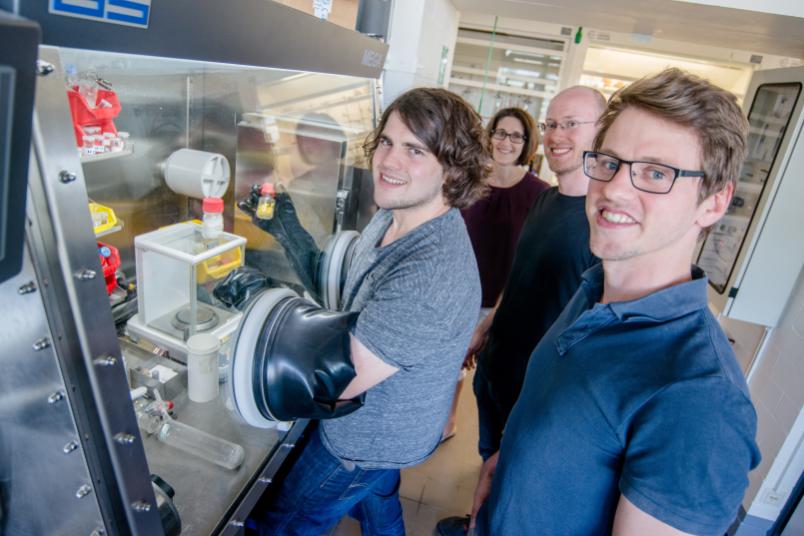
Chemistry
New chemical compounds make catalysts more efficient
Catalysts should be as stable, efficient and adaptable to certain applications as possible. This Bochum development makes all of this possible.
A team from the RUB Chair of Inorganic Chemistry II has developed new chemical compounds that make catalysts more efficient. The properties of a catalyst are not only determined by its catalytically active centre but also by atoms or molecules bound to it, which are called ligands. In the journal “Angewandte Chemie” from June 3, 2018, researchers led by Prof Dr Viktoria Däschlein-Gessner described a new class of what are known as phosphine ligands. With their electronic and spatial properties, they ensure that catalysts are more active and more stable.
Patent pending
The Bochum-based chemists showed that high yields at low temperatures would be possible in gold-catalysed reactions with the ligands – and without it being necessary to laboriously optimise the reaction. The team assumes that the results can be transferred to other catalysts and that the already patent-pending systems are worth considering for broader industrial application.
Easy to produce
The novel ligand systems can be synthesised in numerous ways from commercially available precursors. “It is thus easy to produce them in different versions and customise their properties to suit a certain application,” explains Däschlein-Gessner, a member of the cluster of excellence Ruhr Explores Solvation.